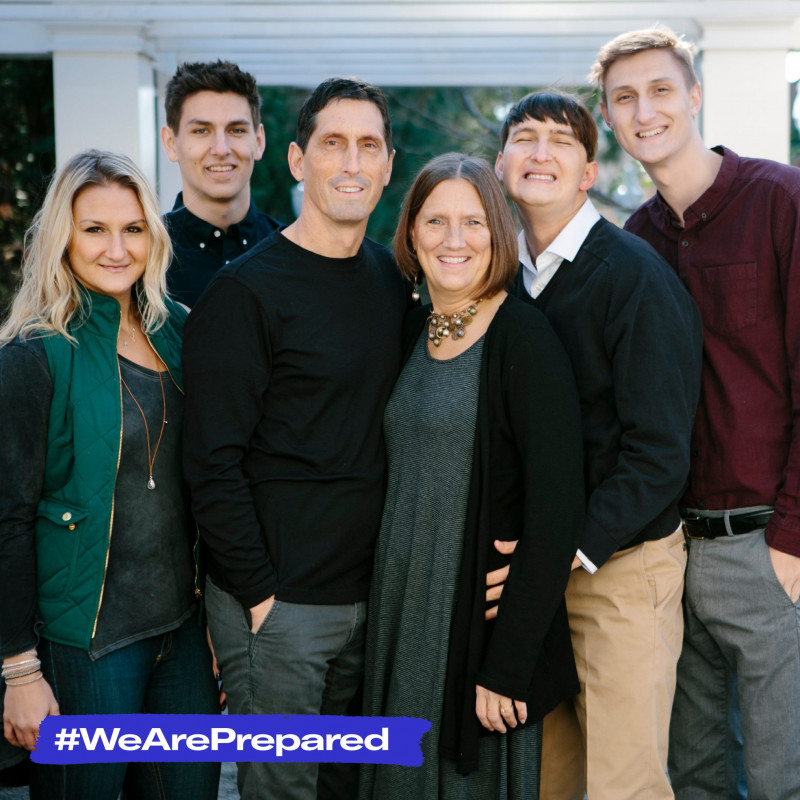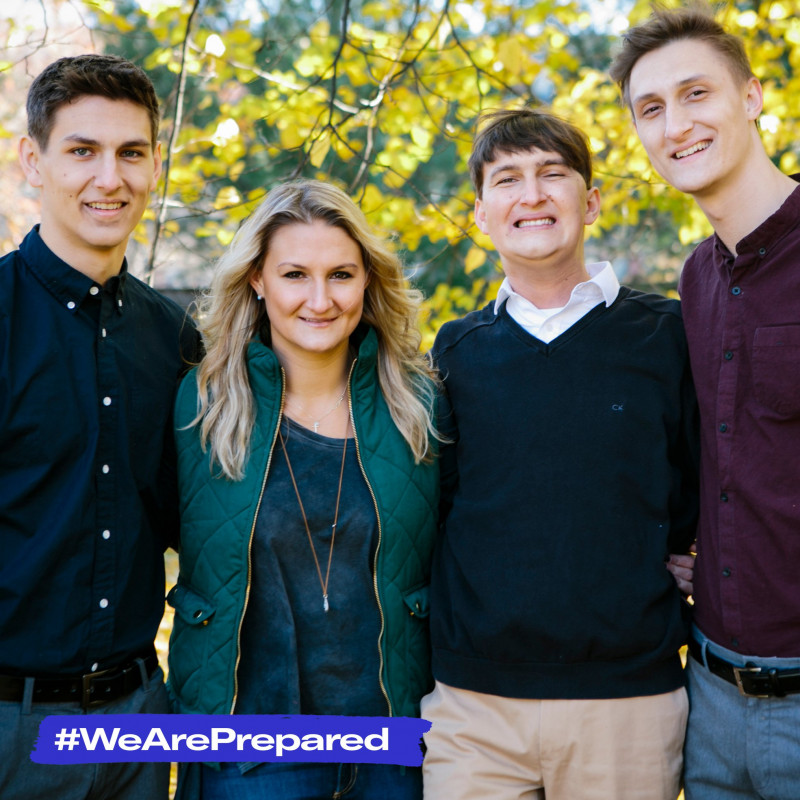
“When COVID hit I thought, now the whole entire world is going into ambiguous loss,” says Tammy McLeod, co-author with her husband, Pat of Hit Hard, One Family’s Journey of Letting Go of What Was – and Learning to Live Well with What Is.
I don’t cry very much anymore, but sometimes I still do. Why really would I accept that my son became instantly severely disabled for life from a sport? He just went to a scrimmage one day and never came home. That’s not going to be something that you’ll ever accept. It’s still really hard for me and I don’t think it’s going to get easier because Zach is probably not going to change.
The big thing with ambiguous loss is that there’s no linear process of letting go. Rarely is there acceptance and there’s never closure. I read the grieving books about the stages of grief and I thought, ‘This is not helping. My person didn’t die.’
“Ambiguous loss is about having and not having. Right now we have our co-workers, but we don’t have them the same way. We have our family members, but we don’t have them the same way. We have our friends, but not in the same way because we’re not gathering. Everything has changed.
In an instant my son, Soren lost the person he looked up to and admired most. That was huge and something he still struggles with today. Nate handled it the best. He’s an artist and Pauline Boss who pioneered the research on ambiguous loss says the artist accepts ambiguous loss better than others because of the way their brains think. They’re more flexible.
What you really need in ambiguous loss is to be resilient — to be able to live with having and not having. And most people don’t do well with that.
I think the biggest thing we’ve seen in doing a lot of online work with people with ambiguous loss is that they compare their grief to other people’s grief and because their loss doesn’t seem as big, they don’t grieve it. Some people have lost their lives. Some are losing their homes or jobs, so for kids who have just lost their graduation or their athletic season, they don’t think that’s as big a deal. But actually those are really big losses for them. We shouldn’t compare our losses. We should grieve them.
In the middle of what we’re going through right now, we need hope. For me I find that by practicing Examen. At the end of the day I look back and ask myself what was life giving and what was life thwarting? When did I best connect with myself and with others? I’ve been doing this every day for years now. It’s really good because it helps me see hope break through.”
– Tammy in Boston



